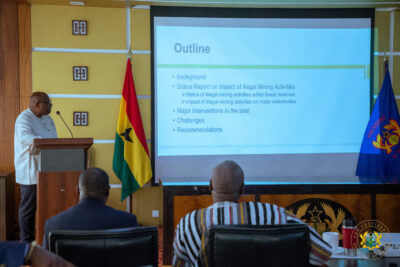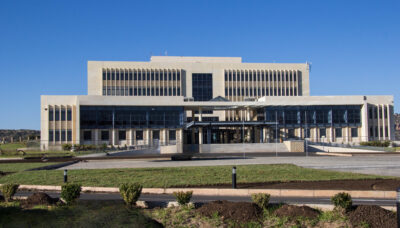In the most recent issue of The Notre Dame Institute for Advanced Study (NDIAS) Quarterly, TIF contributor Slavica Jakelić, in an excerpt from her book manuscript The Practice of Religious and Secular Humanisms, argues that in order to understand the moral foundation and democratic potential of religious-secular alliances, it is important to move beyond the discourse of power.
Latest posts
Now broadcasting: Atheist TV
by Ella WagnerStarting last week, atheists and nonbelievers everywhere now have a new station to add to their television lineup: Atheist TV.
The renaissance of political theology
by Devin BykerWhen it comes to political theology, everything old is new again. At least that is the impression given by the growing interest in political theology within early modern literary studies—a dynamic relationship between past and present that often blurs our conventional delineations of what is new and what is old.
Church of England votes to allow women bishops
by Ella WagnerOn July 14th, the General Synod of the Church of England voted to allow women to become bishops, taking a step toward resolving a long-running controversy that has divided traditionalist and progressive Anglicans all over the world, and caused friction between the church and the British government.
Is democracy the question?
by Sarah EltantawiPerhaps the most pertinent question to be asked of Egypt’s revolutionary/counter-revolutionary process in the past three years is this: how can we properly diagnose the persistent incongruity between the slogan of the 2011 revolution—“bread, freedom, and social justice”—and the failures of all political entities in Egypt to achieve them? These entities include the Supreme Council of the Armed Forces (SCAF), a transitional military regime that assumed power directly after the revolution (February 2011–June 2012); the Muslim Brotherhood’s Freedom and Justice Party (June 2012–July 2013); and now, Abdel Fattah el-Sisi’s new presidency and the immediately preceding civilian regime installed under his military command (July 2013–May 2014). In other words, how and why has every organized entity in Egypt since January 2011 failed to meet the basic demands of the revolution?
Blood: A Critique of Christianity
by Daniel Steinmetz-JenkinsThe starting point for Gil Anidjar’s ambitious and daring new book, Blood: A Critique of Christianity, is that modern concepts such as capital, state, and nation have entirely Western-Christian origins.













